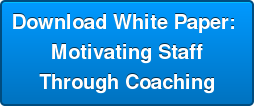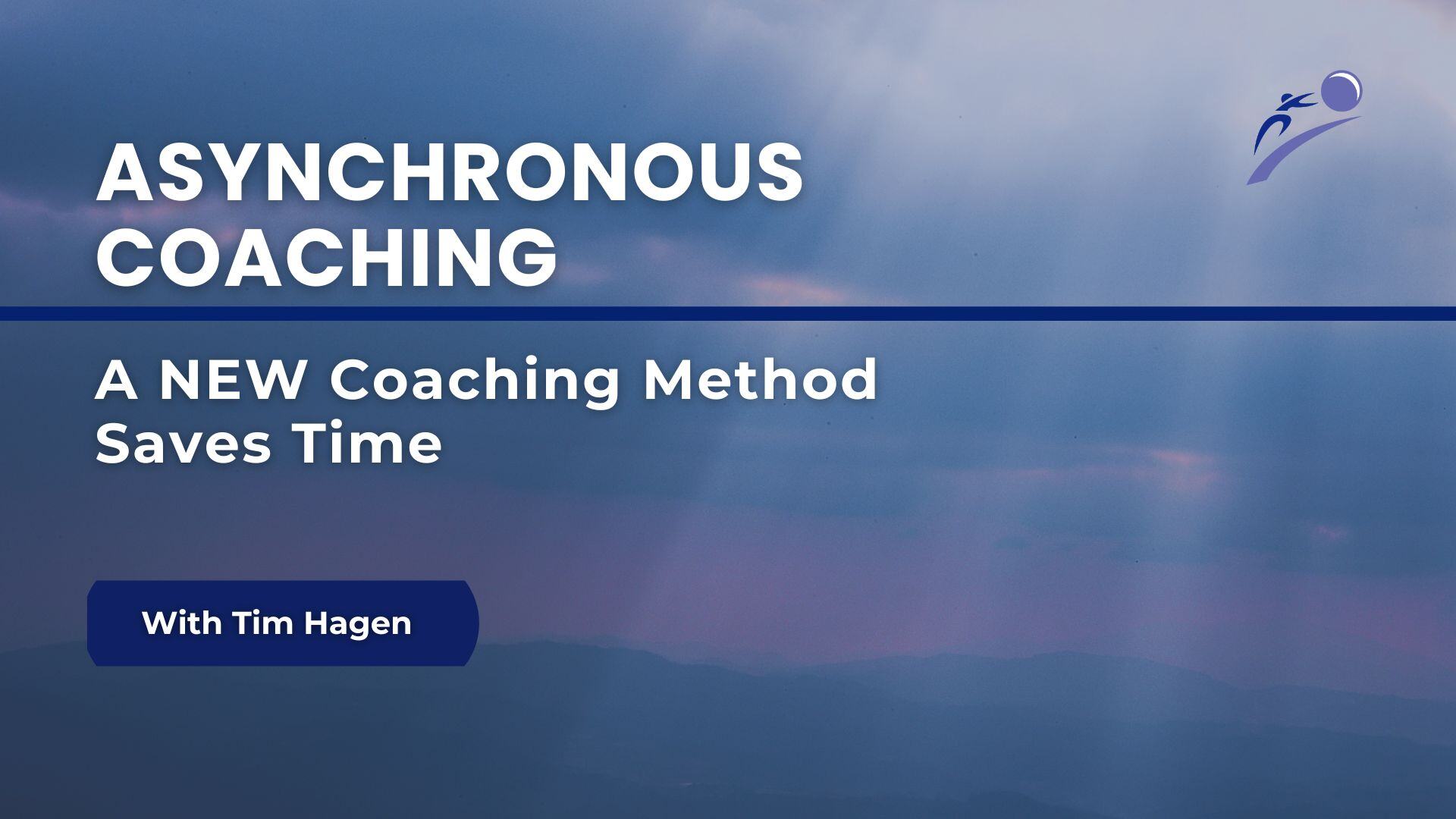
You Coach Everyday Whether You Like it or Not
Every day we engage with our employees and create a perception that either has them coming back to us more comfortably or avoiding us like the plague! Coaching gets a reputation of being soft and not direct but it’s not. Coaching is about giving employees the choice to learn and perform better. If we engage with our employees and present a non-engaging interaction we're nonverbally telling employees that we do not care. The key to coaching is to ask questions, listen, develop actions to improve performance, and share in the responsibility for better performance!
Recently, I witnessed a manager not paying attention to his employee. The employee had asked the manager a question outside of his office in regard to a customer request that happen to be waiting on the phone. The manager proceeded to look at his phone and not make eye contact. No matter his intention he was indeed coaching his employee as well as conditioning the employee to possibly not ask for any future help again. Here's the reality, our reactions coach other people in terms of whether they will engage or seek our help again.
Coaching is about asking questions, inspiring employees to think creatively, challenging them with direct questions, and many other attributes. We coach every day whether we like it or not. Most managers will say they don't have time to coach their employees, but then the question remains why are they the ones doing the end of the year evaluations? Managers are the only resource that has total accessibility to employees. Managers have to be involved in the development of employees; otherwise, employee’s performance will remain stagnant.

Nobody wants to sit through training sessions and listen to someone dragging out a lesson. They want the session to be short and engaging. While coaching should be continuous, the actual training sessions should be given in short bursts. Research shows that adults learn best independently and when the material comes in quick segments that do not take up much of their time. Not only should coaching sessions with employees be short, but training seminars should also be kept between two to four hours. Furthermore, at these seminars, it is important to keep participants active and engage so that their attention is not lost.
Managers can keep coaching short and engaged by using the thirty-second coaching method for training reinforcement. It is a direct, high-energy approach to building and sustaining change, and it is given in short, thirty-second bursts. Make sure to be specific to an employee’s needs and give positive feedback. Throughout the week, any other training sessions should only combine for two to three hours of any salespersons workday. This includes any self-directed learning, group coaching sessions or peer-to-peer meetings. Have employees write down what they accomplished during each segment. This will help reinforce their training, and it will give you an idea of how well performance is enhancing.
Check out this free Whitepaper on why you should start a coaching program in your company.
Free Whitepapers:
How to Get Managers to Coach:
Motivating Staff Through Coaching:







